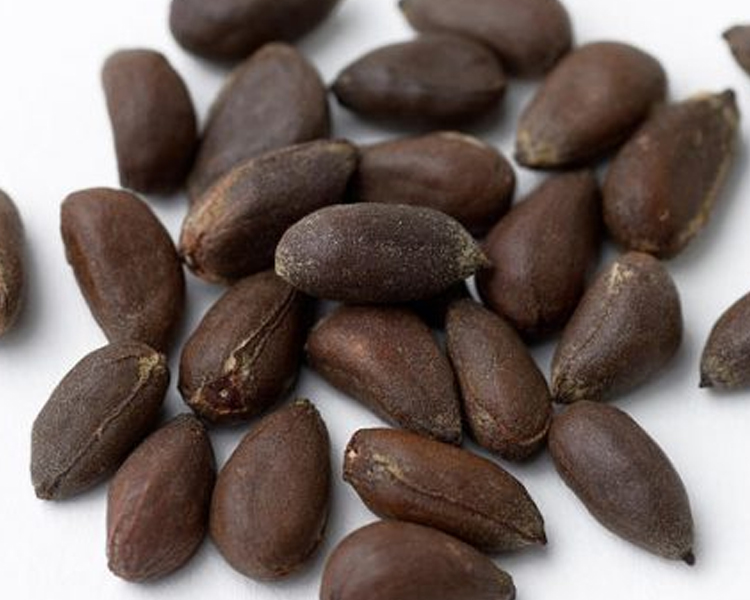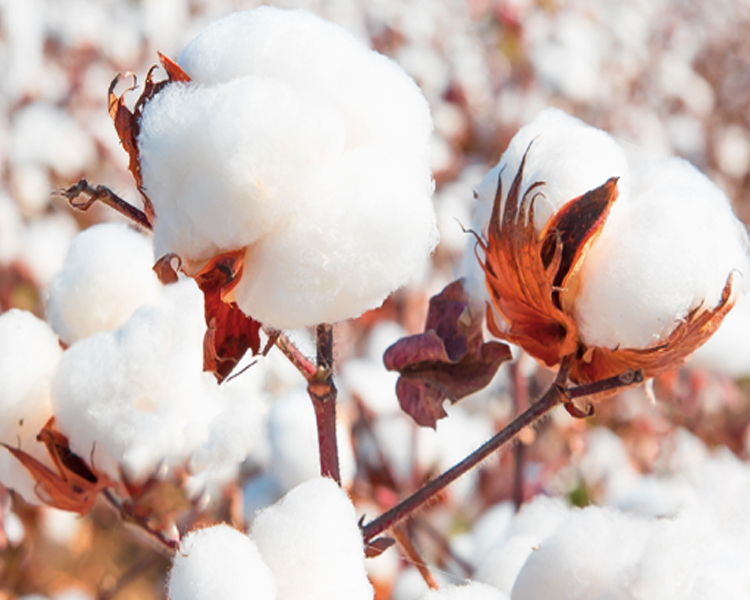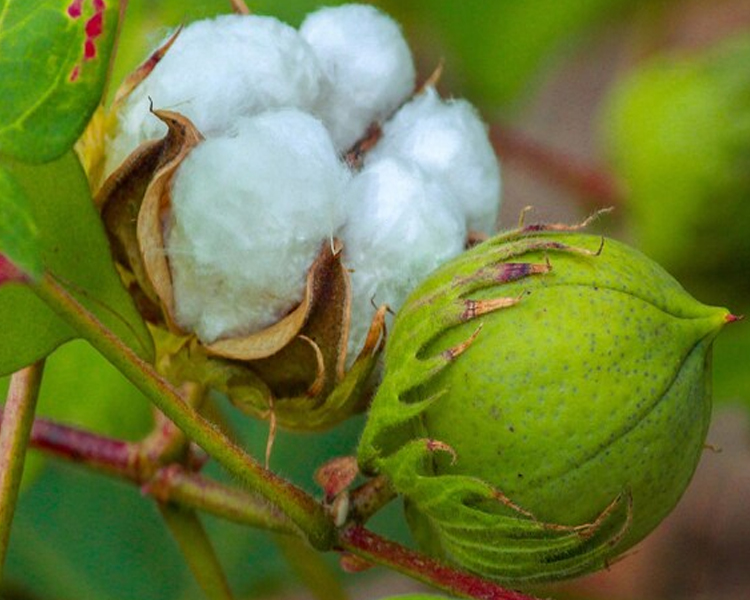COTTON & Cotton seeds
Cotton Sudan is a major producer of high-quality cotton in Africa. The country's favorable climate and resources support its cotton cultivation, primarily in the Gezira Scheme. Sudan exports a significant portion of its cotton to international markets, contributing to its economy and providing employment opportunities. Sudanese cotton is known for its desirable fiber properties and meets international standards. The industry faces challenges such as price fluctuations, pests, and limited access to modern farming techniques. Despite these challenges, the cotton sector remains an important part of Sudan's agricultural and economic landscape, sustaining livelihoods and contributing to the global textile industry.
Cotton seeds Cotton seeds of Sudan hold significance in agriculture and industry. Sudan's favorable climate allows for the cultivation of cotton plants, from which the seeds are obtained. These seeds are primarily used for oil extraction, resulting in cottonseed oil that finds applications in cooking, food processing, cosmetics, and biodiesel production. The remaining cottonseed meal, rich in protein, serves as a valuable feed ingredient for livestock and aquaculture. Beyond food and feed, cottonseed oil and meal contribute to industrial sectors such as textiles, soaps, lubricants, and fertilizers. Sudan's cotton seeds play a vital role in supporting the country's agricultural and industrial development.
Classification of Cotton seeds.
- Kingdom: Plantae (Plants).
The specific classification of Sudanese cotton seeds depends on the cultivated variety.
- Division: Magnoliophyta (Flowering plants).
- Class: Magnoliopsida (Dicotyledons).
- Order: Malvales.
- Family: Malvaceae.
- Genus: Gossypium
Classification of Cotton.
Sudanese cotton can be classified into different categories based on various characteristics.
- Staple Length: long-staple or medium-staple based on the length of the fibers.
- Fiber Strength: the strength of the cotton fibers, which is an important quality indicator.
- Fiber Color: white cotton, referring to the natural color of the fibers.
- Variety: such as Giza and Barakat, are cultivated in Sudan, each with its own unique characteristics.
- Grade: fiber length, strength, color, and cleanliness, which determine its quality and market value.
- Organic Certification: which requires specific certification to meet organic farming standards.
More information.
Cotton seeds, derived from the cotton plant (Gossypium species), are important in the cotton industry. They belong to the genus Gossypium within the Malvaceae family. Cotton seeds are primarily cultivated for their fibers, used in textile production. Additionally, they have diverse applications such as oil extraction, resulting in cottonseed oil for cooking and industrial purposes. The remaining cottonseed meal serves as a protein-rich feed ingredient for livestock. Cotton seeds contribute to the agricultural, food, animal feed, and industrial sectors.
Sudan's cotton industry, centered around the Gezira Scheme, is known for producing high-quality cotton. The country conducts research, including organic cotton farming, to improve varieties and sustainability. Sudan is working on value addition and domestic processing, collaborating with international partners. The textile manufacturing sector utilizes locally produced cotton, contributing to the country's economic development. Sudan's cotton industry continues to evolve through research, sustainability initiatives, and international collaborations.
Cotton seeds are favored for their high quality and long-staple fibers. Sudanese cotton seeds yield fibers that are strong, soft, and have desirable properties for textile production. The global demand for Sudanese cotton seeds is met due to their superior quality and unique characteristics. Additionally, sustainable farming practices and the economic importance of the cotton industry contribute to the preference for Sudanese cotton seeds. Overall, Sudanese cotton seeds are valued for their quality fibers, meeting market demand, and supporting the country's economy.
Cotton of Sudan is highly regarded due to its favorable climate, rich soil, genetic diversity, experienced farmers, and sustainable farming practices. The country produces high-quality cotton fibers that meet international standards and are in demand by textile manufacturers globally. Sudan's cotton industry benefits from its natural advantages and the expertise of its farmers, resulting in the production of sought-after cotton fibers.



